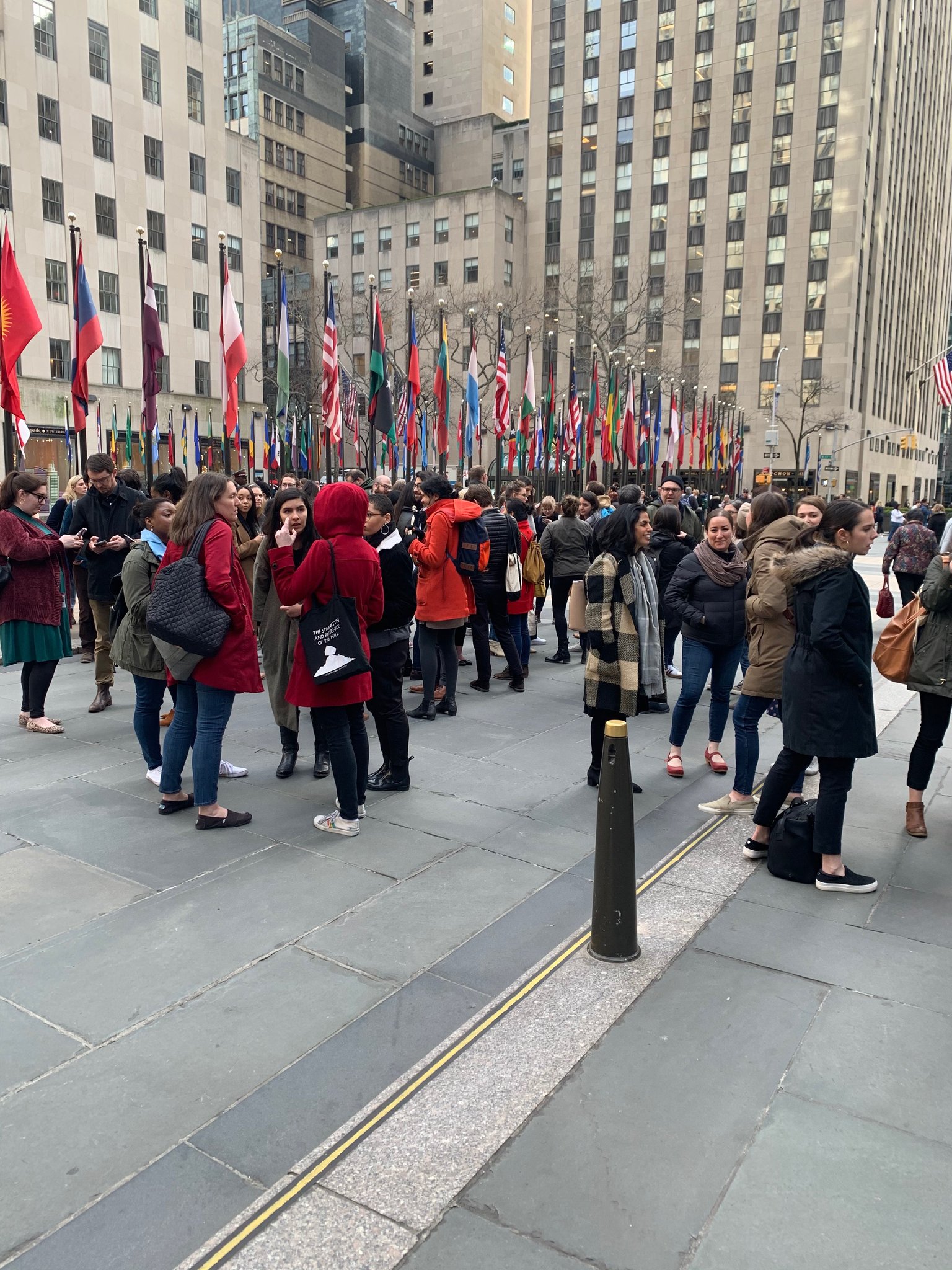Hachette Book Group, the publishing house that published acclaimed journalist Ronan Farrow’s Catch and Kill, has announced its cancellation of publishing Woody Allen’s memoir. Woody Allen is a filmmaker accused of sexual assault by his daughter, Dylan Farrow. When Hachette decided to publish the memoir, employees participated in a walkout criticizing the decision to publish, standing in solidarity with Dylan.
75 plus employees of Hachette are standing in solidarity with @ronanfarrow, @realdylanfarrow and survivors of sexual assault and walked out of the Hachette offices today in protest of Woody Allen’s memoir. #HachetteWalkout #LittleBrownWalkout pic.twitter.com/wTNi3c7gy8
— Kendra Barkoff Lamy (@kabarkoff) March 5, 2020
Hachette’s decision to publish was dubious at best. After publishing Ronan Farrow’s book on the silencing of sexual abuse victims, to even consider publishing his sister’s accused abuser was frankly disreputable and just a weird move.
As a response to the cancellation, Stephen King had this to say:
The Hachette decision to drop the Woody Allen book makes me very uneasy. It's not him; I don't give a damn about Mr. Allen. It's who gets muzzled next that worries me.
— Stephen King (@StephenKing) March 6, 2020
King also expressed this thought to people who stood against Allen:
If you think he's a pedophile, don't buy the book. Don't go to his movies. Don't go listen to him play jazz at the Carlyle. Vote with your wallet…by withholding it. In America, that's how we do. https://t.co/znGZu0wJEF
— Stephen King (@StephenKing) March 7, 2020
Many shared his sentiments, claiming censorship and suppression of Allen’s right to freedom of speech. Others shared the ol’ invisible hand rhetoric: “just don’t buy the book, if you hate it so much!”
Just so it’s clear: a publisher refusing to publish a book simply is not censorship, nor has it “muzzled” anyone. Memoirs, as a genre, are not simple vehicles of speech, nor are they pure expressions of ideas and thoughts. Memoirs are a powerful medium that provides powerful people a platform to shape their narratives and cement their legacies. To simply state that you can just “not buy the book” grossly ignores the fact that a printed, traditionally published memoir holds social and political value. Regardless of who buys the memoir, its simple existence lends legitimacy to those published, whether or not that legitimacy is earned. If the employees of a publishing group feel that a subject doesn’t deserve the power that comes with a published memoir, they are well within their rights to refuse to publish said memoir.
Additionally, Allen is a powerful man, with many resources up his sleeve. One publisher refusing to publish his memoir by no means strips him of his right to free speech, nor does it strip him of access to a platform. If he truly feels that his story needs to be heard, there is no better day to do so than today, with the rise of self-publishing. He could even make his story heard for free, for all parties, on the internet. What, too, about Hachette’s employees? Shouldn’t their success at letting their voices be heard through assembly be celebrated? Strangely, this expression of speech seems to be left out of the larger discourse.
Even if one were to view this from a purely capitalistic perspective of supply and demand (a perspective for which I do not advocate but will explore), “just don’t buy the book” is not a sustainable argument. Just as consumers have the freedom of choosing the media they want to consume, producers have the freedom to choose the type of media they wish to distribute. As any aspiring author can tell you, publishers are under no obligation to provide a platform for anyone and everyone that demands it.
Freedom of speech states that the government cannot persecute you for your expression of your thoughts and opinions. It does not mean everyone is required to listen to your life story with applause, nor does it mean platforms are required to give you a stage and a spotlight under which to speak.













